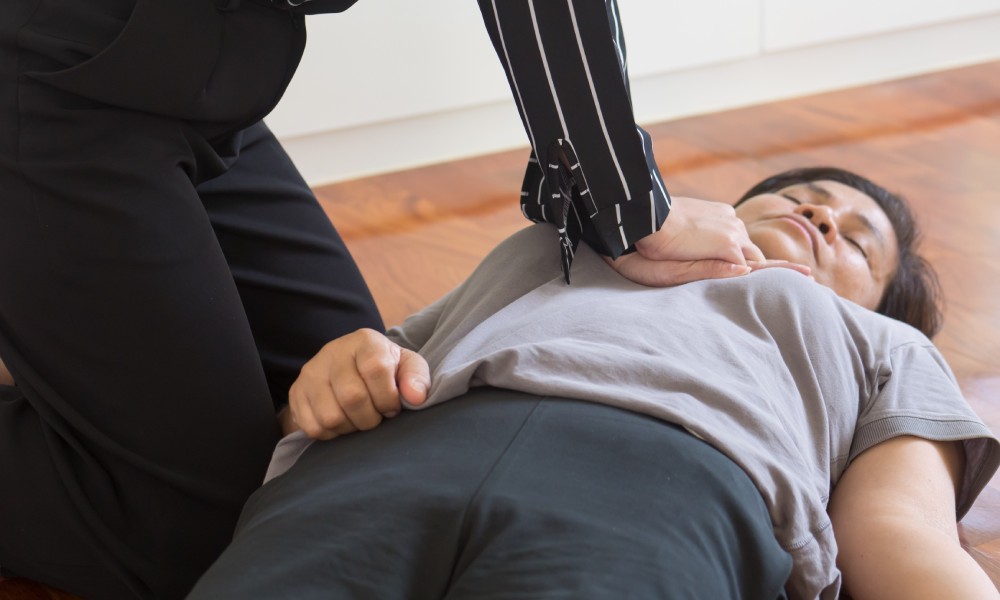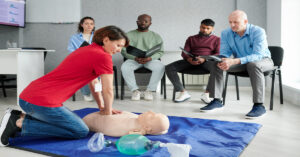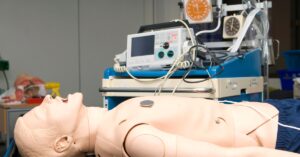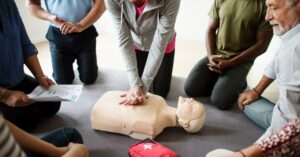A set of expectations and considerations distinct from those associated with younger patients come along with administering CPR (Cardiopulmonary Resuscitation) to an older individual. The process demands a keen sense of observation and an understanding of the older adult’s unique physiological responses. Take a look at what you need to know about performing CPR on the elderly.
Reacting With Promptness and Precision
The initial moments following a cardiac arrest are critical. The window for effective intervention can be significantly narrow for older adults. Immediate action is necessary, yet one needs to understand the fragility inherent in an older person’s physique. The force applied during chest compressions, for instance, requires careful calibration to mitigate the risk of causing physical harm while striving to maintain blood flow.
Observing Signs of Response
Monitoring signs of life is a continuous process throughout the administration of CPR. Signs of revival may manifest subtly in older individuals and require astute observation. It is paramount to look for any indication of breathing, coughing, or movement. These small signs of life necessitate adjusting your course of action.
Navigating the Emotional Terrain
Performing life-saving measures on an aging adult is emotionally intense. It demands a balance between urgency and the emotional fortitude to proceed with a clear mind. Caregivers and family members find themselves in a dual role, acting both as rescuers and sources of comfort, even without immediate responsiveness.
Engaging Professional Medical Assistance
While initiating CPR is a vital first step, seeking professional medical assistance without delay is equally crucial. Once emergency services arrive, let them take over as their skills go beyond basic CPR. View their assistance with the mindset that their expertise is indispensable in these scenarios despite one’s best efforts.
Preparing for All Outcomes
Recognizing what you need to know about performing CPR on the elderly is vital. The procedure is a life-saving tool, yet it does not guarantee recovery. This understanding is crucial to emotionally and mentally prepare for any possible outcome, including the eventuality that revival may not occur.
Administering CPR to the elderly is a profound responsibility with many expectations. It requires a blend of rapid action, gentle precision, keen observation, emotional resilience, and the readiness to hand over care to medical professionals. Above all, it is an act of hope and humanity, performed with the belief that every life is invaluable.
Take your skills to the next level with CPR123, where we offer a basic CPR online course to nonhealthcare professionals. Learn CPR to improve your caregiving skills and positively impact an aging person’s life.







